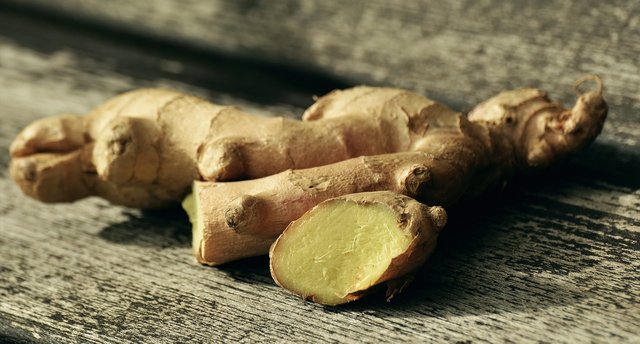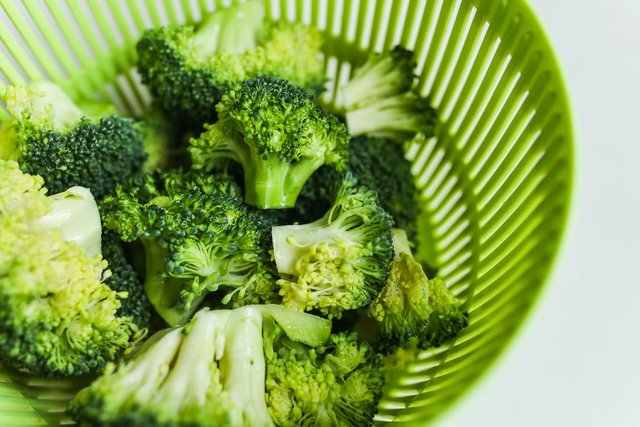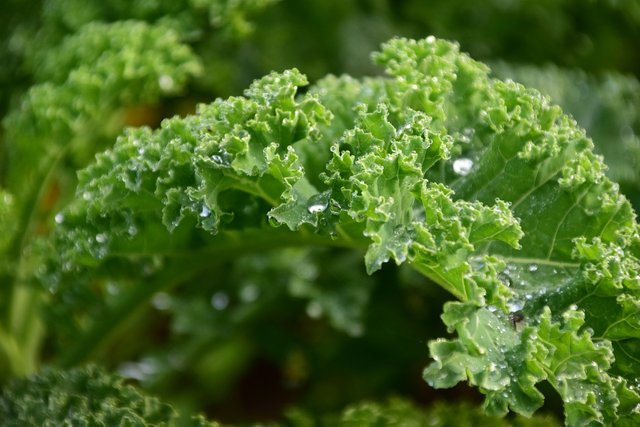Vegetable Elixirs: How Certain Veggies Can Soothe Migraines
Migraines can be excruciating and disrupt daily life, leaving sufferers searching for relief.
While medications can help, incorporating specific vegetables into your diet can be a natural and effective way to alleviate migraine symptoms.
These vegetables are rich in nutrients and compounds that can help soothe migraines and reduce their frequency:
1. Spinach: The Magnesium Marvel
.jpeg)
Spinach is a green leafy vegetable packed with magnesium, a mineral that plays a crucial role in migraine prevention and relief. Magnesium helps relax blood vessels, preventing them from constricting and causing headaches. A deficiency in magnesium is a common migraine trigger, making spinach an essential addition to your diet.
How to Use: Add spinach to salads, omelets, smoothies, or sautéed dishes to reap its magnesium benefits.
2. Ginger: The Anti-Inflammatory Superstar

Ginger is a root vegetable with potent anti-inflammatory properties. Migraines often involve inflammation of blood vessels in the brain. Ginger can help reduce this inflammation and alleviate the intensity of migraine headaches. Additionally, it may help with nausea, a common migraine symptom.
How to Use: Make ginger tea by steeping fresh ginger slices in hot water or add grated ginger to your meals, especially in stir-fries and soups.
3. Broccoli: The Vitamin B2 Source

Broccoli is a vegetable rich in vitamin B2, also known as riboflavin. Vitamin B2 has been shown to reduce the frequency and duration of migraines in some individuals. It helps improve mitochondrial function, which can play a role in migraine prevention.
How to Use: Incorporate broccoli into your diet by steaming, roasting, or adding it to stir-fries and salads.
4. Sweet Potatoes: The Blood Sugar Stabilizers

Sweet potatoes are complex carbohydrates that release their energy slowly, preventing blood sugar spikes and crashes that can trigger migraines. They also provide a steady supply of energy to the brain, reducing the risk of headache attacks.
How to Use: Enjoy sweet potatoes roasted, mashed, or as part of a hearty stew or curry.
5. Bell Peppers: The Vitamin C Heroes

Bell peppers, especially the red ones, are abundant sources of vitamin C, a powerful antioxidant that can reduce oxidative stress and inflammation—both potential migraine triggers. Vitamin C also supports blood vessel health.
How to Use: Include bell peppers in salads, stir-fries, sandwiches, or as a crunchy snack with hummus.
6. Cucumbers: The Hydration Helpers

Cucumbers are over 95% water, making them an excellent choice for staying hydrated. Dehydration is a common migraine trigger, and maintaining adequate hydration can help reduce the frequency of migraine attacks.
How to Use: Slice cucumbers for a refreshing snack or add them to water for natural flavor.
7. Leafy Greens: The Nutrient Powerhouses

Leafy greens like kale, Swiss chard, and collard greens are loaded with vitamins, minerals, and antioxidants that support overall health. They contain a variety of nutrients that can help reduce migraine severity.
How to Use: Incorporate leafy greens into your diet through salads, smoothies, or sautéed dishes.
8. Carrots: The Beta-Carotene Boosters

Carrots are rich in beta-carotene, an antioxidant that can help reduce oxidative stress. They also contain vitamin A, which supports eye health and can help with light sensitivity, a common migraine symptom.
How to Use: Snack on carrot sticks or add them to soups, stews, and salads.
While incorporating these vegetables into your diet can help prevent and manage migraines, it's essential to maintain a balanced diet, stay hydrated, manage stress, and get enough sleep.
Additionally, keeping a migraine diary can help identify specific triggers, as these triggers can vary from person to person. If migraines persist or worsen, consult with a healthcare professional for a comprehensive evaluation and personalized treatment plan.
Natural remedies can be a valuable addition to your migraine management toolkit, but they should complement, not replace, medical advice and treatment.
Read More: https://sites.google.com/view/wellness-for-your-health
